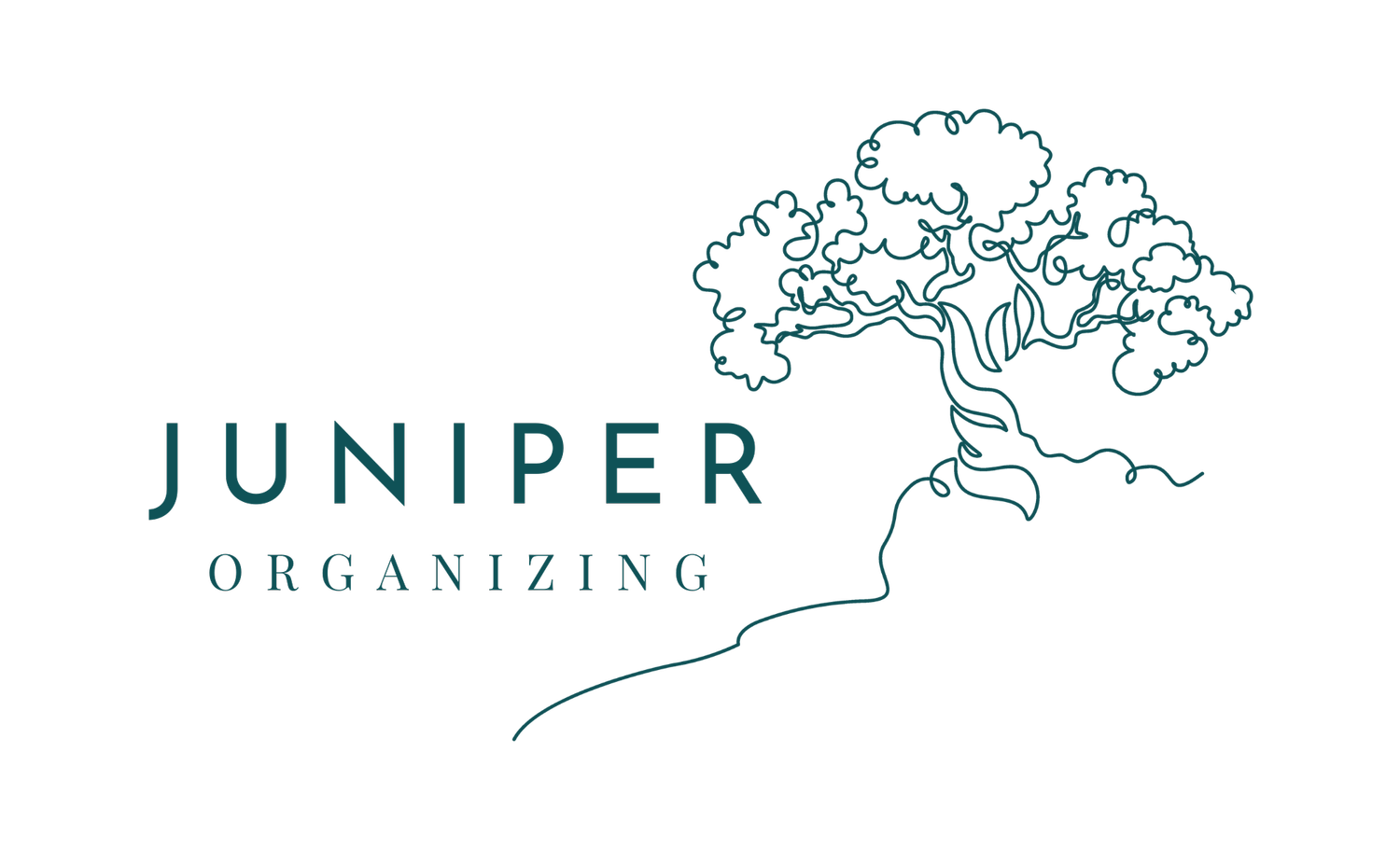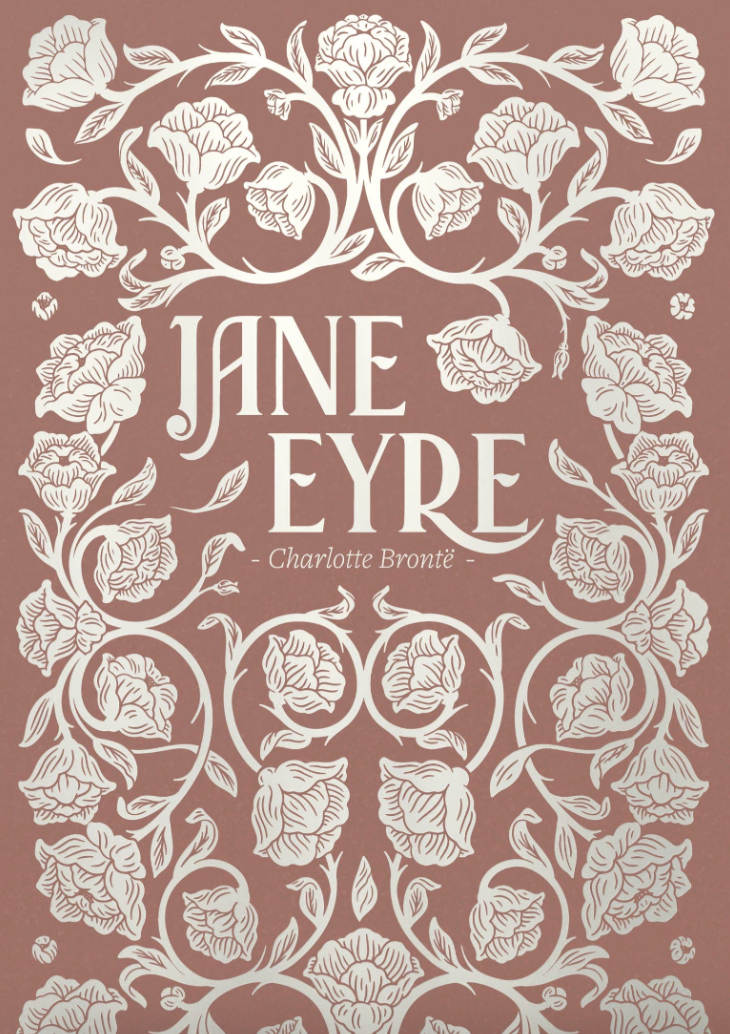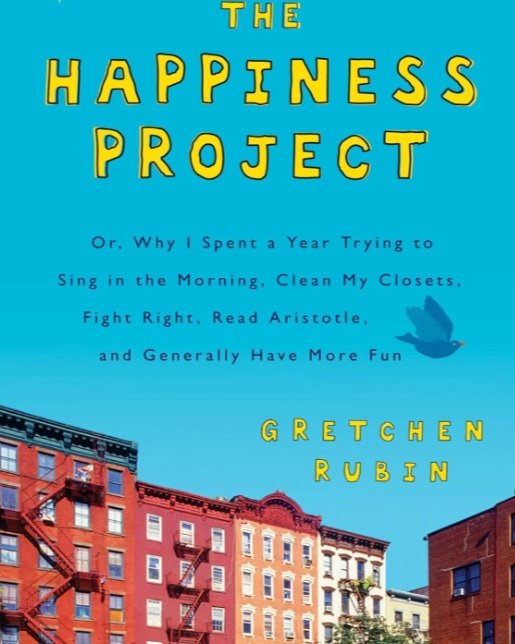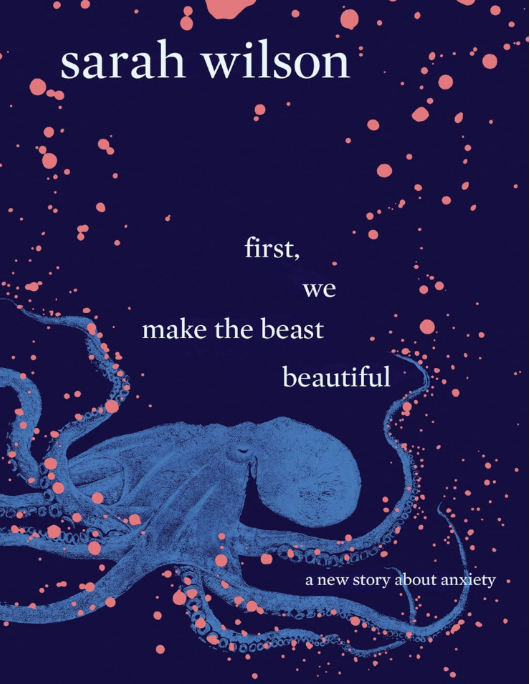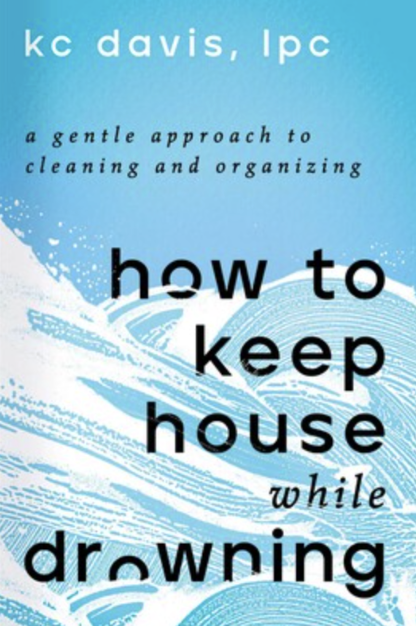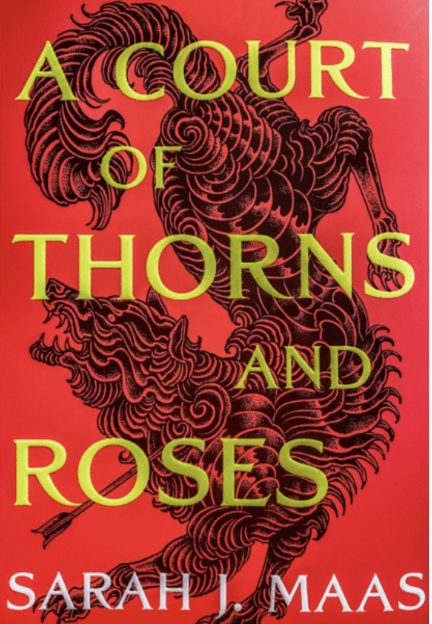Unexpected books that ACTUALLY changed my life
Books have always been a part of my life. My parents read to us as kids, and as soon as I was old enough, I loved getting swept away in American Girl novels, Redwall, Number the Stars, and other classics. We didn’t have video games and only had five local TV channels (back in the olden days of the '90s in rural Wisconsin), so reading was a natural pastime. But as I got older, that habit faded. College made reading feel more like an obligation than a pleasure, and by the time I graduated into adulthood, smartphones and social media had taken over. Like much of America, I wasn’t prioritizing books the way I used to—but I never lost my love for a physical book, the smell of a bookstore, or that unmistakable thrill of turning the next page.
Some self-help books claim to inspire you. Some fiction can shift your perspective for a day, a week, maybe even longer. But then there are the books that truly stick—the ones that sneak into your mind and quietly reshape the way you see yourself and the world. These are the books that changed me, even when I didn’t expect them to, and helped shape me into the person I am today.
Jane Eyre by Charlotte Bronte
Jane Eyre is, quite literally, one of the greatest books ever written. Scholars praise it as an early feminist novel, exploring class, social inequality, and the constraints placed on women in Victorian society. It was groundbreaking for its use of first-person narration, creating a level of character depth that was unprecedented for its time.
But for me, Jane Eyre is a story about the power of staying true to yourself. Jane’s unwavering commitment to her values—even when it meant walking away from love—taught me a lesson in independence and self-worth. She constantly wrestles with the balance between passion and practicality, longing and self-respect—something we all navigate in different ways. Most importantly, Jane reminded me that vulnerability isn’t a weakness; it’s the foundation of real connection. To truly find love and friendship, you have to first know and love yourself—and be willing to show up as your genuine self. No one likes a poser, and the people who accept you for who you are are the ones worth keeping in your life.
"Crying does not indicate that you are weak. Since birth, it has always been a sign that you are alive"
The Happiness Project by Gretchen Rubin
I first read this book when it came out in 2009 and have revisited it several times since. It taught me that joy isn’t something that just happens—it’s something you cultivate. Gretchen Rubin’s year-long experiment in happiness, built around small, intentional changes, inspired me to do the same. It reinforced the power of consistency: when you pour effort into something—whether it’s a habit, a project, or a goal—the results build over time. It made me rethink what truly makes me happy and how to be more intentional about creating it.
While not every part of her project resonated with me, her “12 Commandments” and “Secrets of Adulthood” are ideas I often reference—both for myself and when working with clients—because they highlight the dedication and consistency needed to change the way we live. Her lessons on effective communication with loved ones have helped me countless times, reminding me that how we express ourselves shapes our relationships just as much as what we say. And perhaps most importantly, she emphasizes the need to give yourself grace—to recognize that happiness isn’t about perfection, but about progress and self-compassion.
“Don’t let the perfect be the enemy of the good.”
First We Make the Beast Beautiful: A New Journey Through Anxiety by Sarah Wilson
There are over 30 conditions that fall under the umbrella of “anxiety” from a medical perspective, and rates of anxiety are on the rise. There are many reasons this could be the case, but that’s not what I’m here to unpack. What I do know is that I’ve lived with Generalized Anxiety Disorder (GAD) my entire life—I just wasn’t diagnosed or treated until adulthood. As a child and teenager, I was often seen as dramatic, stubborn, fretful, obsessive, bossy, a control freak, an overthinker. I cried easily, got frequent headaches, I worried about things that might never happen, I wanted things done my way, and carried a constant sense of guilt.
I don’t even remember what led me to pick up Sarah Wilson’s First We Make the Beast Beautiful, but from the first few pages, I felt understood in a way I never had before. Wilson doesn’t try to “fix” anxiety—she explores it, reframes it, and even finds beauty in it. Her words made me feel seen and comforted in a way I didn’t expect. Instead of treating anxiety as something to conquer, she helped me embrace the idea that it’s part of who I am—one that brings depth, insight, and even strength.
Through this perspective shift, I’ve learned to separate my symptoms from my identity and find better tools to manage them. More importantly, I’ve been able to harness the very traits that others might see as negatives into a lifestyle (and career!) that is not only fulfilling but also helps others.
“It’s only in the nothingness that we can see the somethingness.”
How to Keep House While Drowning by K.C. Davis
I picked up this book after my second child was born, hoping to find tips on managing my never-ending to-do list. What I got was so much more.
At the time, COVID was still very much a thing, I had a newborn and a three-year-old, I was working full-time, and my father had just been diagnosed with a life-altering illness. On top of all that, I couldn’t even keep up with the one thing I was once good at—keeping my house tidy. I felt like a failure. That’s when this book became a lifeline. K.C. Davis speaks directly to those of us who feel overwhelmed by housework, reminding us that our worth isn’t tied to the state of our home. She reframes cleaning as a series of neutral, manageable tasks—not a moral failing if you struggle with them. For the first time, I felt permission to let go of the pressure and just do what I could, when I could.
Her perspective also gave me the foundation for the philosophy behind Juniper: “You don’t exist to serve your space; your space exists to serve you.” This simple phrase has helped me turn not just my own home, but many clients’ homes, into assets rather than burdens.
“You don’t exist to serve your space; your space exists to serve you.”
A Court of Thorns and Roses by Sarah J. Maas
This has nothing to do with the rise of the romantasy genre, but rather what stepping outside my comfort zone did for me.
I read this last Spring, back when I would scroll Instagram or binge Netflix before going to sleep, and it rarely occurred to me to read for fun. Back when I felt like reading for pleasure was inefficient when I could be doing something “productive.”
I’ve never been a fast reader, but I read all 400 pages in a week. I spent the summer engrossed in the “Maas-verse” and upon finishing book five, I was once again a reader. I continued with modern romances, Jane Austen, young adult fantasy, and mysteries. I always have a book with me and instead of doom-scrolling while waiting for an oil change or in the pick up line, I can lose myself for a few minutes in something I love.
This book reminded me that doing something you love is never wasted time. Somewhere along the way, I had stopped prioritizing fiction, and this book helped me reclaim that lost love. It was an escape, a joy, and a reminder that self-care sometimes looks like diving into a story that sweeps you away.
“Don’t feel bad for one moment about doing what brings you joy.”
When you pick up a book—a real book—you pause time to focus on yourself. Whether you’re reading to learn something new, explore a different perspective, or lose yourself in another world, you set aside the distractions of technology and give yourself permission to be fully present.
In recent years, America has been facing a literary crisis marked by a decline in both literacy rates and the habit of reading physical books. This shift away from reading physical books, coupled with the rise of digital media, poses challenges for fostering a literate and engaged society.
Read a book.
Read your kids a book.
Let your children see you reading a book without the distraction of a phone, TV, or digital media.
It doesn’t matter what you’re reading—what matters is that you’re reading.
